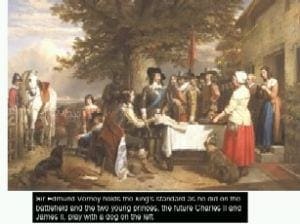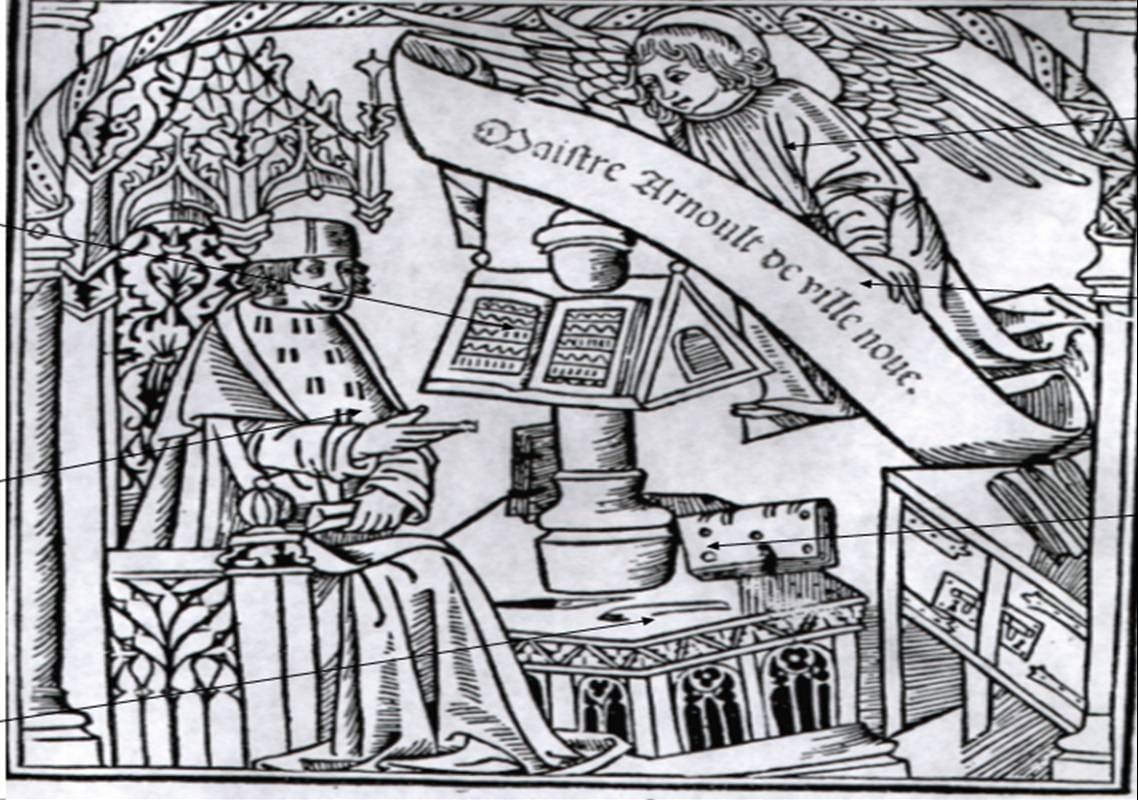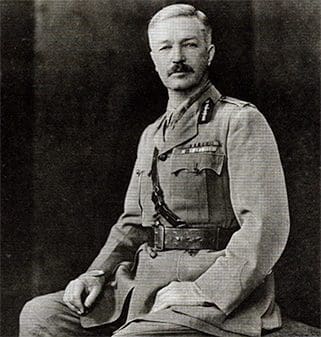
So you have dutifully filled in all the boxes. You’ve done the audit. You have seen off the Citizenship coordinator who would like to collect some evidence of pupils’ cross-curricular learning. But as Christine Counsell says, ‘cross referencing an extra column in a scheme of work cannot take the place of serious theorising and creative reflection. Mere coincidence of content is not a cross-curricular link’. Faced with a critical OFSTED comment on citizenship, the co-ordinator is now looking for allies. But you have other fish to fry and then there’s the new KS3 curriculum about to be launched and the new Scheme of work to be written. So what exactly should the relationship between history and citizenship be and how do we make it work for mutual benefit?
It would be fair to say that the four year marriage of history and citizenship has been a rocky one. Not that






